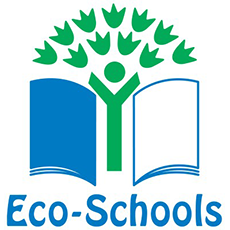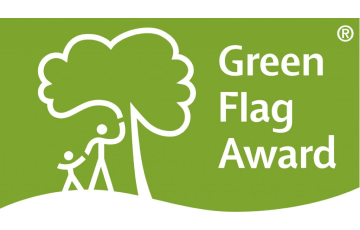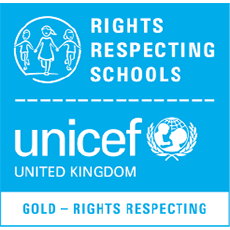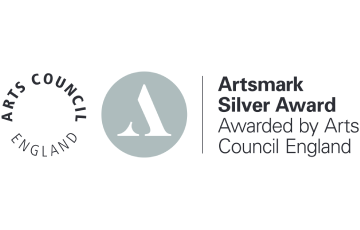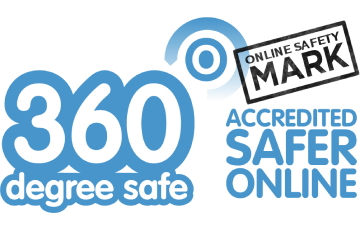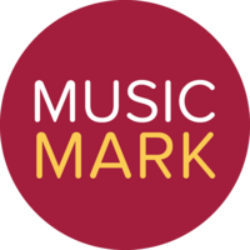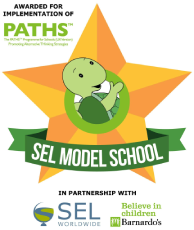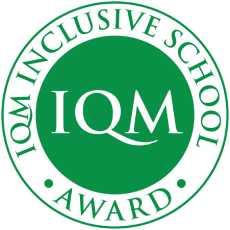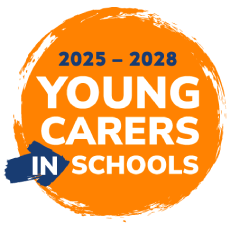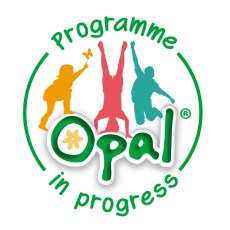PSHRE
A curriculum designed for Lyme Community Primary School
PSHRE
Subject Leader
My name is Mrs Reid and I am the PSHRE Lead at Lyme Community Primary School. I am passionate about PSHRE and the importance of delivering high-quality relationships and health curriculum for our children. We ensure that our curriculum supports the personal and pastrol needs of our pupils. As part of our whole school approach, PSHRE education is a planned programme of learning through which our children acquire the knowledge, understanding and skills they need to thrive. Our curriculum offer promotes the spiritual, moral, cultural, mental and and physical developement of pupils and of society.
PSHRE– CURRICULUM INTENT
Purpose of study
At Lyme Community Primary School, we believe that the personal, social and health development of each child has a significant role in their ability to learn. We value the importance of PSHRE in preparing children for the opportunities, responsibilities and experiences of adult life. In addition, we believe that a child needs to learn about the many emotional aspects of life and how to manage their own emotions through teaching the characteristics of good physical health and mental wellbeing. We encourage our pupils to play a positive role in contributing to the life of the school and the wider community. In so doing, we help to develop their sense of self-worth. We teach them how society is organised and governed. We ensure that the children experience the process of democracy through participation in the Student, Eco, Sports and E-Safety Councils and through the Rights-Respecting Steering Group.
We are a UNICEF Rights-Respecting Gold accredited school meaning children’s rights are at the centre of all we do; through this work we are developing our children as global citizens who learn to appreciate what it means to be a positive member of a diverse and multi-cultural society.
Our PSHE curriculum is very much bespoke to our school; the elements have been personalised to meet the needs of the children at Lyme, many of whom arrive in our Foundation Stage with below age related expectations in PSE. Each unit has a key learning question to support our children’s critical thinking and develop their oracy skills when articulating their answers. We ensure that subject-specific vocabulary is explicitly taught to broaden our children’s understanding and develop their bank of Tier 3 words. We only resources accredited by the PSHE Association to ensure appropriate knowledge and skills are taught. Our curriculum is enhanced with an annual Health and Wellbeing Week to meet the needs of our school community. The core themes of the statutory framework: Health and Well Being, Relationships and Living in the Wider World, are taught through the following:
*UNCRC – Each PSHE lesson and assembly is linked to an article from the UNCRC; our children are knowledgeable about their rights – they are being given the opportunities to discuss the implications when children – at home or in different countries – are denied these rights. We want to empower our children to have a voice and to use it. We want the children at Lyme to see different behaviours as having an impact on others. KS1 and KS2 children have a PSHRE session on a weekly basis.
*PATHS - The PATHS® curriculum is a comprehensive program for promoting emotional and social competencies and reducing aggression and behaviour problems. The sessions taught demonstrated strategies to support feelings and promote positive behaviour for learning; it develops self-worth and social skills through compliment giving and receiving. Children from YR to Y6 have a PATHS sessions every week, in addition to ones to support class needs.
*RSE – At Lyme we see the value of teaching RSE so that students begin to develop their lifelong learning about their physical, moral and emotional development. The students will also develop their understanding of the importance of loving and caring relationships including those involving sex. They will develop a deeper understanding of diversity and equality to equip them for adulthood.
*Values – Linked closely with our RE curriculum, we believe that teaching our children core values is an important part of our PSHE curriculum. This is delivered through assemblies and in-class work.
*British Values – Pupil Voice is particularly strong in our school. We give our children opportunities to share their ideas and opinions within and outside the PSHE curriculum through regular council meetings, subject-specific interviews, assessment, assemblies, governor meetings, debates and circle-time discussions. Our students’ drive local, national and global fundraising campaigns in school and regularly feedback to each other through assemblies – we truly value the voice of the child.
In KS1 and KS2 class teachers deliver a weekly assembly using Picture News – discussing topical news stories linked to British Values and the Rights of the Child.
In addition, several experience weeks are mapped throughout the year, for example, Health and Well-Being fortnight; Money Week and Global Citizenship Week. This will draw on support from other professional resources, such as NSPCC, St. John’s Ambulance, the local drug, alcohol and tobacco teams and the Chamber of Commerce. This gives the children the opportunity to be full immersed in essential knowledge, for example, about children’s mental health.
In Early Years, the PSHRE curriculum helps children to develop a positive sense of themselves, and others; to form positive relationships and develop respect for others; to develop social skills and learn how to manage their feelings; to understand appropriate behaviour in groups; and to have confidence in their own abilities. At Lyme, many children enter the setting needing to significantly develop these skills; we develop personalised planning, focused activities, such as circle time and instigate small group social development interventions to ensure children are fully supported.
Assessment
In the Early Years, children are assessed against the EYFS age related criteria within the strand of Personal, Social and Emotional Development.
At KS1 & 2 we use the National Curriculum objective statements to monitor individual pupil progress against the key stage expectations. We will use low-stakes assessment activities, such as quizzes and retrieval activities to assess and build on children’s knowledge and understanding. Children complete a baseline and an end of unit assessment activity linked to the unit’s key learning question. This information is then used to inform curriculum planning outlining how additional support or challenge can be provided in order to meet the needs of our pupils. Formative and summative assessment evidence is used to make a judgement based on the child’s knowledge, understanding and application of their learning – measured by depth of understanding shown when answering the key learning question each half term. This is recorded on SIMS (see Summative Assessment and Feedback Policy). This information is also used by teachers when reporting to parents.
Useful websites
https://www.valuesmoneyandme.co.uk
https://firstaidchampions.redcross.org.uk
https://education.rspca.org.uk
https://primary-careers.careersandenterprise.co.uk/resources/linking-career-related-learning-pshe









